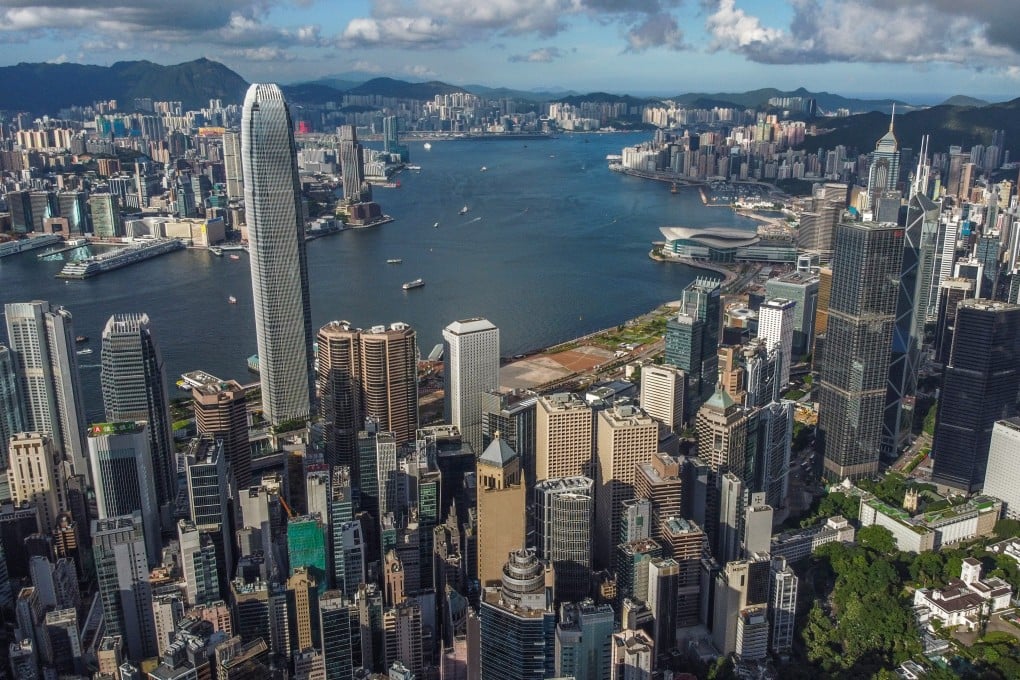Advertisement
Exclusive | Hong Kong can be a hub, not just for capital going into China, but also funds coming out of mainland for M&A, ex-SFC chairman says
- City an ideal platform for Chinese companies conducting M&A deals overseas, former SFC chairman Anthony Neoh says
- Hong Kong is a ‘very important international buffer’ for China’s currency and financial system
Reading Time:3 minutes
Why you can trust SCMP

Hong Kong, which is already a fundraising centre for mainland Chinese companies, can also become a hub for such firms when it comes to mergers and acquisitions abroad, said a former regulator.
With its strong capital markets, rule of law and a large pool of English-speaking financial professionals, Hong Kong is an ideal platform for Chinese companies conducting M&A deals involving overseas targets, Anthony Neoh, the former chairman of the Securities and Futures Commission (SFC) from 1995 to 1998, told the Post.
“Hong Kong could become a financing hub, not just for capital going into China, but also capital coming out of China for mergers and acquisitions,” he said.
Advertisement
The city will mark the 25th anniversary of its handover to China on July 1. Neoh, a Hong Kong barrister, was the SFC’s first Chinese chairman and led it through the handover in 1997 and then the Asian financial crisis in 1998.
Hong Kong has been the world’s largest initial public offering market seven times in the past 13 years. This is thanks mainly to new listings by Chinese companies, which represented 98 per cent of all funds raised last year, up from 50 per cent a decade ago.
Advertisement
Advertisement
Select Voice
Select Speed
1.00x